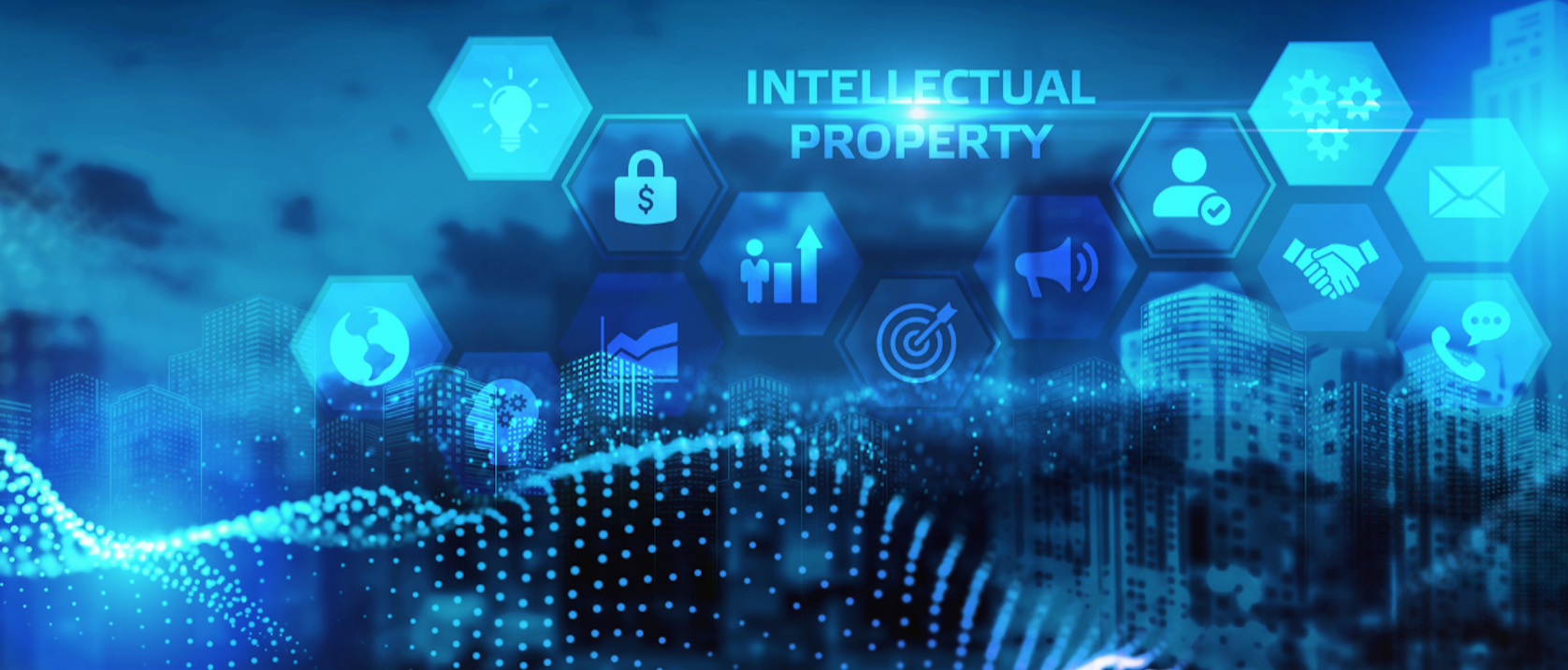About IP Justice
 Founded in 2002, IP Justice is an international civil liberties organization that promotes the public interest and human rights in technology laws and policies. We focus on important tech issues such as Internet freedom, innovation policy, and balanced intellectual property rights.
Founded in 2002, IP Justice is an international civil liberties organization that promotes the public interest and human rights in technology laws and policies. We focus on important tech issues such as Internet freedom, innovation policy, and balanced intellectual property rights.
IP Justice participates in a number of international law and Internet policy venues which impact digital rights including the Internet Corporation for Assigned Names and Numbers (ICANN), the UN World Intellectual Property Organization (WIPO), the UN Internet Governance Forum (IGF), and other international treaty and trade agreements addressing Internet policy and intellectual property rights. IP Justice has held an accredited consultative status with ECOSOC, the Economic and Social Council of the United Nations, since 2003.
IP Justice is a 501(c)(3) charitable organization, so donations in the U.S. are 100% tax-deductible.
IP Justice is based in San Fransisco, California, USA.
IP Justice’s mission is to:
- Advise policy makers around the world on the impacts of intellectual property rules on traditional rights and innovation;
- Build international coalitions and networks between independent organizations working to protect freedom of expression;
- Promote laws and technologies which encourage further creativity and innovation, and fairly compensate creators;
- Raise global public awareness on the threat to individual freedoms posed by expanding legal rights and technological restrictions to control intellectual property;
- Encourage individuals worldwide to advocate for balanced intellectual property laws that preserve traditional consumer rights such as private copying, the public domain, fair use, and reverse engineering.
Principles of IP Justice
Technology empowers us with greater control over the ideas we consume. We do not violate copyright by skipping over commercials, muting offensive language, or watching movies on a homemade DVD player. Copyright law grants authors the right to control public performances, but when we are in the privacy of our own homes, using the media we lawfully acquired and the equipment we own, that private experience belongs exclusively to us.
We maintain the right to “time shift” or copy our media in order to enjoy it at a more convenient time; or “space shift” to move it to a new device or location; or “format shift” to convert it into a format that is compatible with our own needs. We also reserve our rights to make back-up copies or to archive our digital media collections the same as with our analogue recordings in the past.
Technologies that are capable of substantial non-infringing uses should remain lawful in order to preserve consumer rights, innovation and competition. Absent any illegal intent on our part, we should not be held liable for the infringing activity of others who are beyond our control and benefit.
